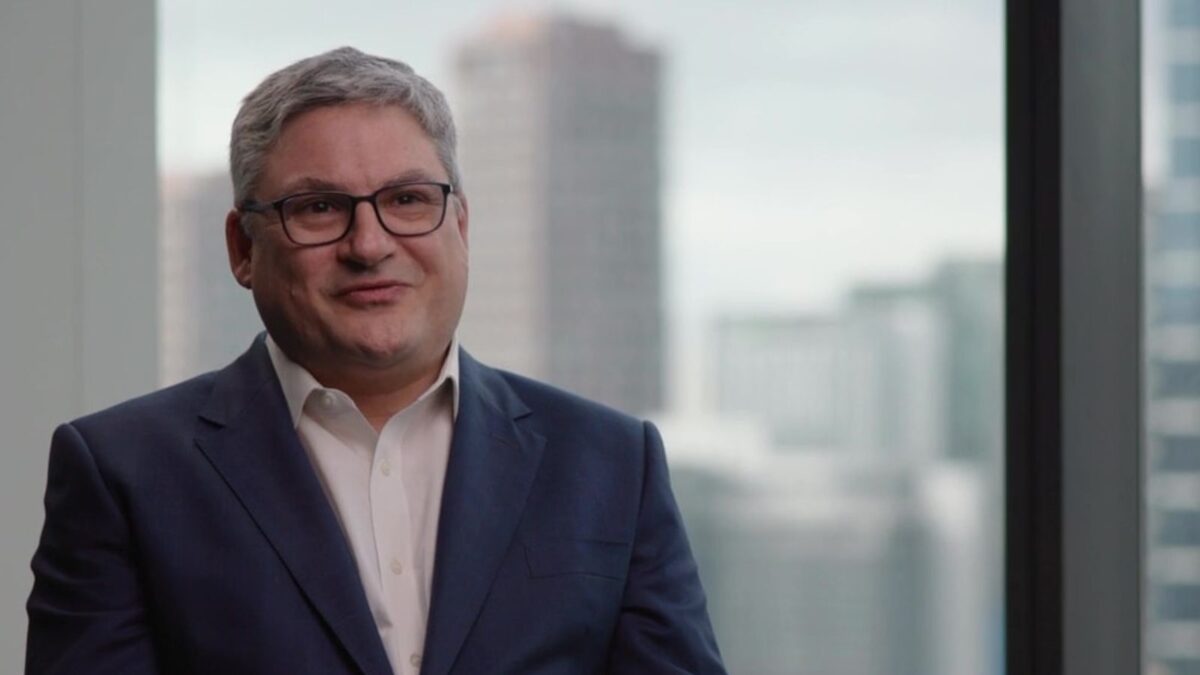Equities ‘questionable’ as Future Fund makes $70bn of portfolio changes
The Future Fund returned eight per cent for calendar year 2023, adding $15.6 billion of funds and bringing its total FUM to $272.3 billion even as it made portfolio changes impacting $70 billion of assets to bring its investments in line with the views it expressed in the position paper ‘The Death of Traditional Portfolio Construction?’.
“The market ran really hard in the last quarter and that drove returns for equities, but markets are pricing in that interest rates have peaked and indeed will be cut over 2024,” Future Fund CEO Raphael Arndt said on Tuesday. “We think there’s some risk around that and that the price of the equity market is questionable and something we want to be prudent about.”
Arndt noted that the year started with many forecasters assuming a recession was a foregone conclusion, particularly in the US, where rapid interest rate rises were implicated in the collapse of a number of small banks. Equity markets were near a technical recession, while bond yields were as high as five per cent. While there was a strong finish for equity investors – and those markets are now at an all-time high – it “certainly wasn’t a smooth graph”.
“These are the sorts of market conditions we’ve been expecting for some time,” Arndt said. “We talked a lot in our (position) papers about volatility and the various risks we see in terms of inflation staying sticky and interest rates settling higher than the market expects and we still think that’s the case… our portfolio is designed to be resilient against those conditions, so we think an eight per cent return for the 12 months is very solid and in line with the mandate.”
The Future Fund recently returned to active equity management with the view that it was going to be harder to get a decent return from equity beta alone, handing out a chunky mandate to Maple-Brown Abbott for domestic small caps. It also indicated that it would consider doing the same across other segments of the equity portfolio where prospective managers could demonstrate that their returns were from skill, not luck.
“I’ve talked in particular about the attractiveness of the Japanese market, as well as other developed markets… We’re certainly continuing to look at opportunities there,” Arndt said.
The Future Fund’s portfolio is currently positioned for neutral risk, while the $70 billion of changes made to it were designed to increase “liquidity and flexibility” and have resulted in an increase in the amount of developed market currency the fund holds as well as an overall increase in its allocation domestic assets, including in credit.
“The private credit side has been attractive for some years and we’ve been moving capital into that area, including into Australia; the regulatory impost on banks has meant they’ve stepped out of funding some quite attractive businesses and the returns to private lenders are quite attractive.
“That’s an area we’ve increased our exposure to in the past and continue to, but the other big move during the year was investment grade liquid credit which has repriced off the back of the change in the cash rate in the US, and is now quite attractive relative to look-forward equity returns.”











